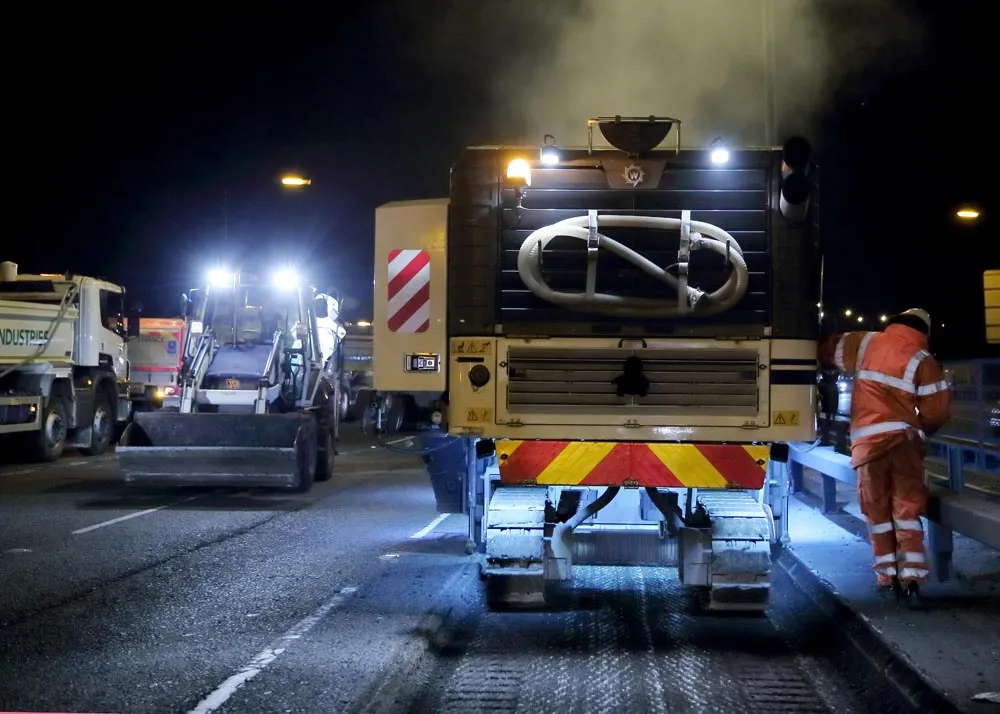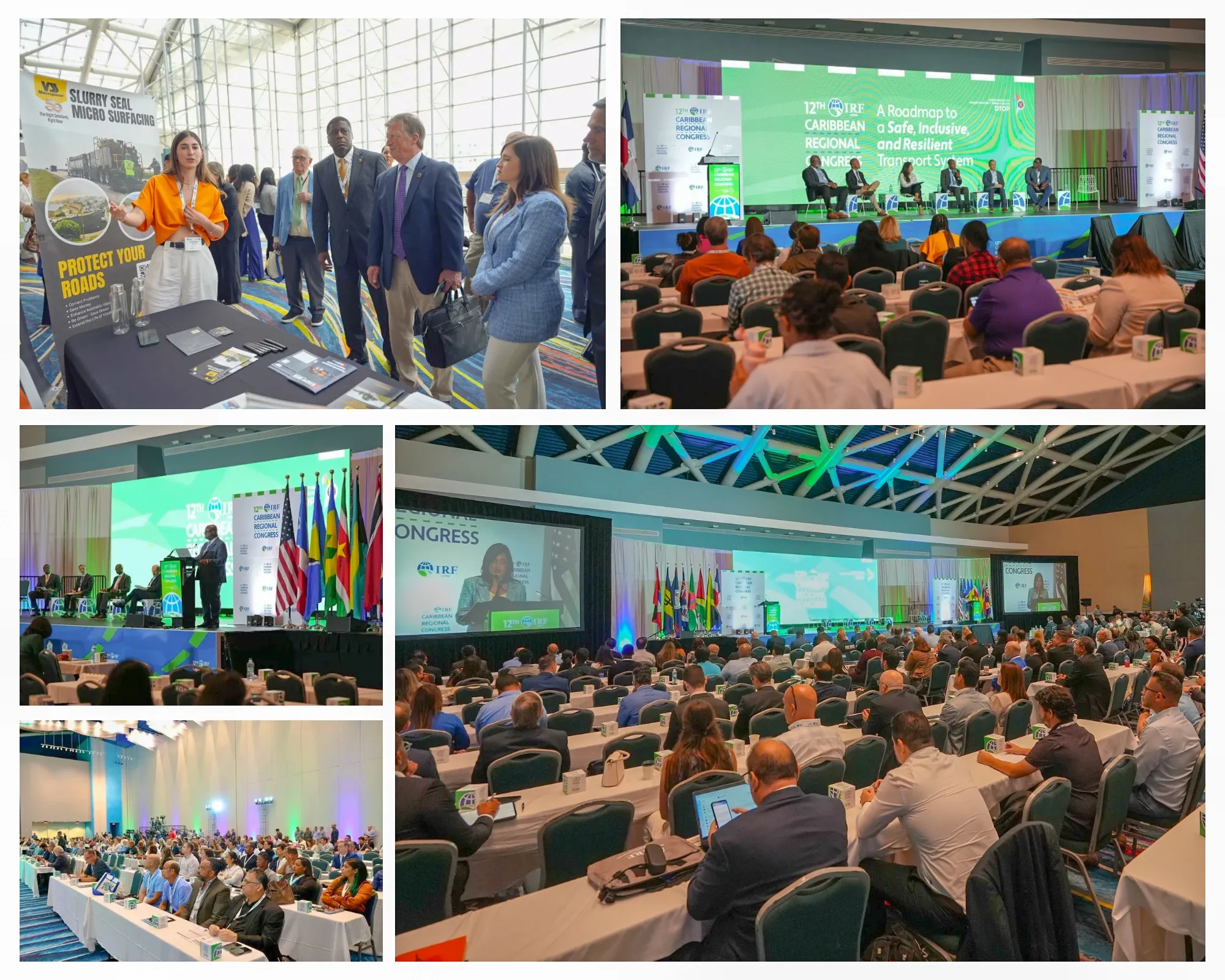The latest report by Brandon Schoettle and Michael Sivak, Sustainable Worldwide Transportation at the University of Michigan, builds on their recent series of eight reports addressing public opinion, human factors, and safety-related issues concerning self-driving vehicles. An identical survey to that used in 2015 was administered.
The survey was developed to examine motorists’ preferences among levels of vehicle automation, including preferences for interacting with and overall concern about riding in s
May 24, 2016
Read time: 2 mins
The latest report by Brandon Schoettle and Michael Sivak, Sustainable Worldwide Transportation at the University of Michigan, builds on their recent series of eight reports addressing public opinion, human factors, and safety-related issues concerning self-driving vehicles. An identical survey to that used in 2015 was administered.
The survey was developed to examine motorists’ preferences among levels of vehicle automation, including preferences for interacting with and overall concern about riding in self-driving vehicles. Completed responses were received from 618 licensed drivers in the US.
The main findings include: The most frequent preference for vehicle automation continues to be for no self-driving capability, followed by partially self-driving vehicles, with completely self-driving vehicles being the least preferred choice; Concern for riding in self-driving vehicles remains higher for completely self-driving vehicles than for partially self-driving vehicles; Respondents still overwhelmingly want to be able to manually control completely self-driving vehicles when desired; Preferences were generally divided between touch-screens or voice commands to input route or destination information for completely self-driving vehicles; Most respondents prefer to be notified of the need to take control of a partially self-driving vehicle with a combination of sound, vibration, and visual warnings.
The authors say that overall public opinion has been remarkably consistent over the two years that this survey has been conducted. The general patterns of responses have not changed over the course of these two surveys, despite the increased media coverage of self-driving vehicles.
The survey was developed to examine motorists’ preferences among levels of vehicle automation, including preferences for interacting with and overall concern about riding in self-driving vehicles. Completed responses were received from 618 licensed drivers in the US.
The main findings include: The most frequent preference for vehicle automation continues to be for no self-driving capability, followed by partially self-driving vehicles, with completely self-driving vehicles being the least preferred choice; Concern for riding in self-driving vehicles remains higher for completely self-driving vehicles than for partially self-driving vehicles; Respondents still overwhelmingly want to be able to manually control completely self-driving vehicles when desired; Preferences were generally divided between touch-screens or voice commands to input route or destination information for completely self-driving vehicles; Most respondents prefer to be notified of the need to take control of a partially self-driving vehicle with a combination of sound, vibration, and visual warnings.
The authors say that overall public opinion has been remarkably consistent over the two years that this survey has been conducted. The general patterns of responses have not changed over the course of these two surveys, despite the increased media coverage of self-driving vehicles.








